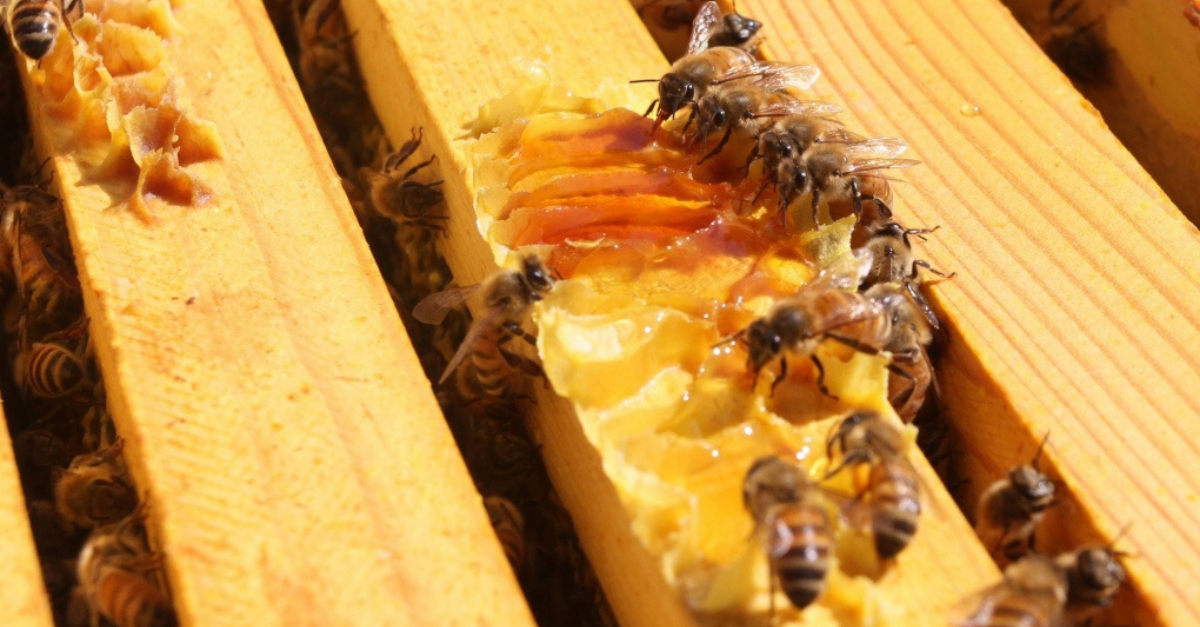
Brazil sees 66% increase in revenue from honey exports
May, 29, 2023 Posted by Gabriel MalheirosWeek 202322
Femap (Minas Gerais-based beekeeping association) announced that revenues from honey exports in Brazil surged from US$98 million to US$163 million between 2020 and 2021, representing a 66% increase. The organization argues that Brazilian honey is highly valued overseas due to its top quality and low presence of toxic substances.
The chart below displays Brazil’s volume of honey (hs code 0409) exported from maritime ports between Jan 2019 and Mar 2023. The data is from the DataLiner data service.
Brazilian honey exports | Jan 2019 – Mar 2023 | WTMT
Source: DataLiner (click here to request a demo)
More specifically, exports of honey produced in Minas Gerais also experienced substantial growth, with a 30% increase in 2022 compared to the previous year. According to Márcia Portugal, the state coordinator for Small Animals at Emater-MG (the state technical assistance and rural extension company), the main consumers of the product were the United States and Canada, followed by Japan and the countries of the European Union.
Márcia Portugal reports that honey production in Minas Gerais reached 7,000 tonnes last year. Nationwide, honey production reached a record-breaking figure of over 60,000 tonnes in 2022. She further emphasizes, “Minas is the largest national producer of green propolis.”
Data from Femap indicates that Minas Gerais is Brazil’s fifth-largest honey producer. The Jequitinhonha and Mucuri Valleys are the most productive regions, accounting for over a fifth (22%) of honey production in the state. The organization estimates that the activity generates around 13,000 jobs, predominantly at the family-based economy level.
In addition to honey and propolis, beekeeping also offers other economically viable products such as pollen, wax, and apitoxin (commonly known as bee venom, which can be used as a medicine for certain types of inflammation).
The expert also underscores the significance of other bee species, in addition to Apis mellifera (the honey producer). These include stingless bees (popularly known as jataí and uruçu, among other names) as well as solitary bees, which independently construct their nests, carry out all necessary activities, and lay eggs without assistance. These bees collectively perform essential pollination work, thereby ensuring agricultural productivity.
Source: Canal do Boi
To read the original news report, visit: https://sba1.com/noticias/noticia/26114/Brasil-registra-alta-de-66-no-faturamento-das-exportacoes-de-mel
-
Shipping
Aug, 19, 2020
0
Despite COVID-19, A.P. Moller-Maersk reports strong results for 2nd quarter
-
Ports and Terminals
Nov, 16, 2023
0
Açu Port opens regular cabotage route in partnership with Sal Cisne
-
Trade Regulations
Mar, 30, 2020
0
Single Foreign Trade Portal speeds up imports of vegetable products
-
Ports and Terminals
Jul, 18, 2021
0
Port of Paranaguá received another giant tanker last week


